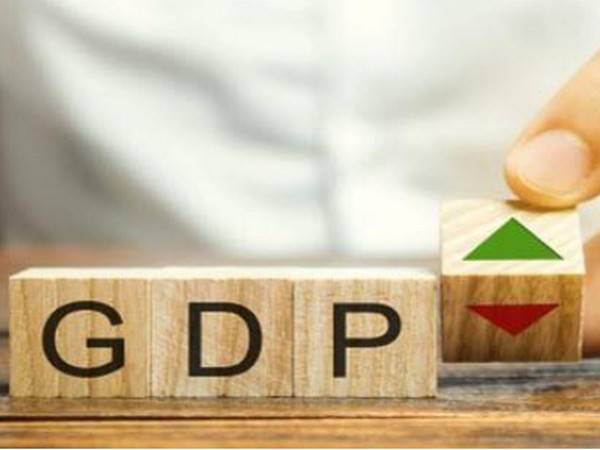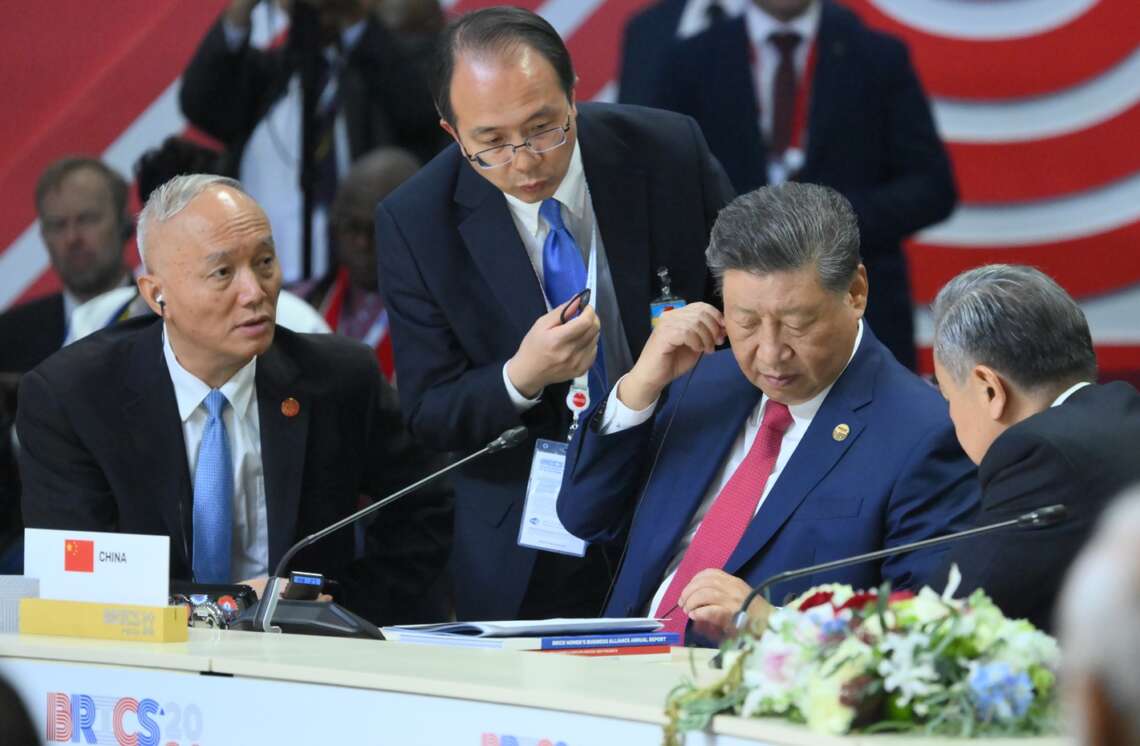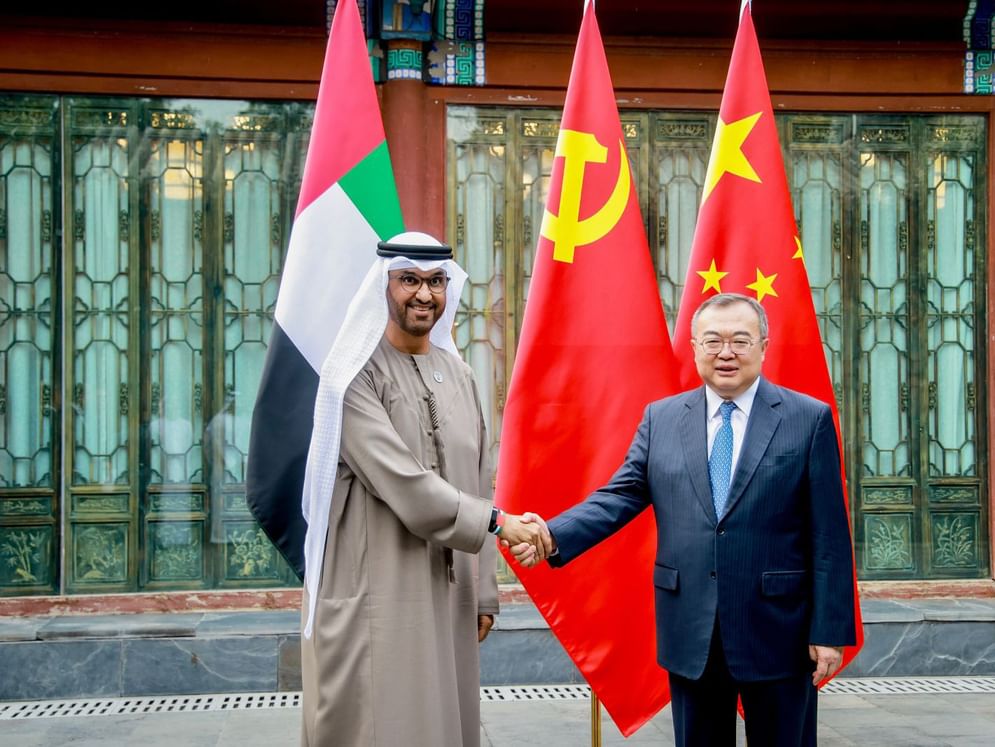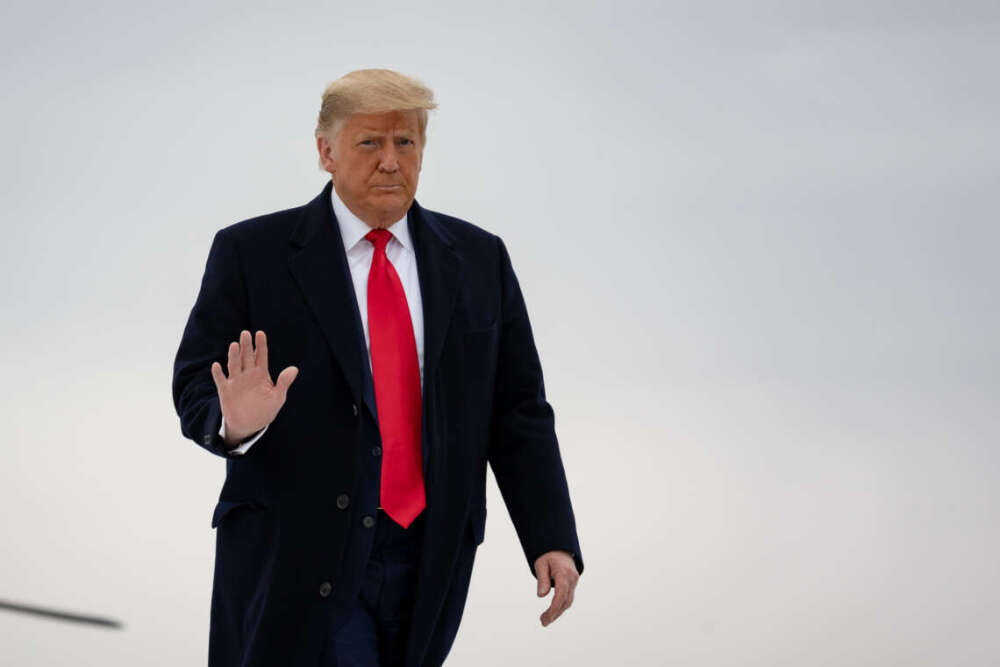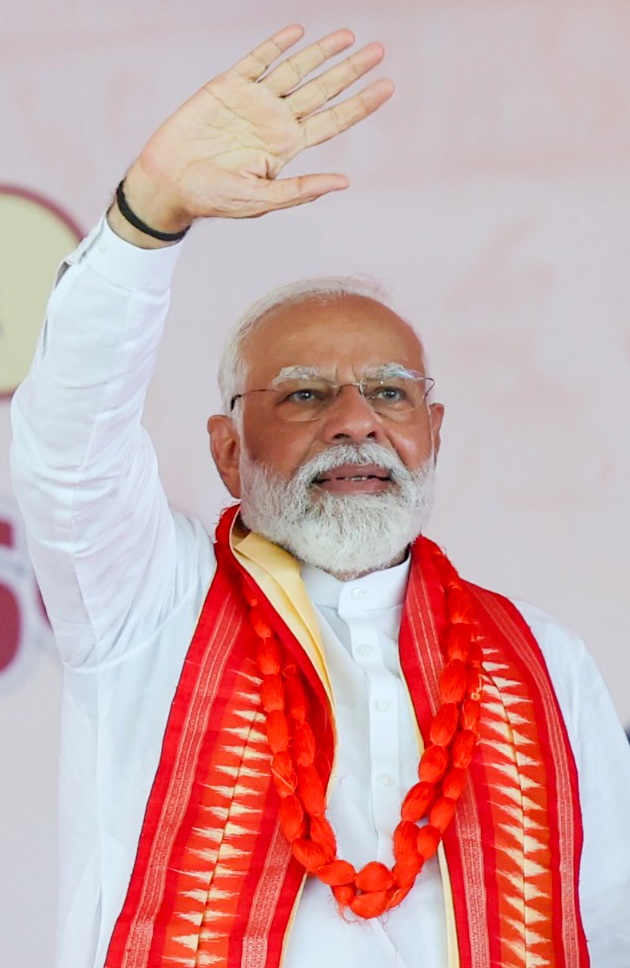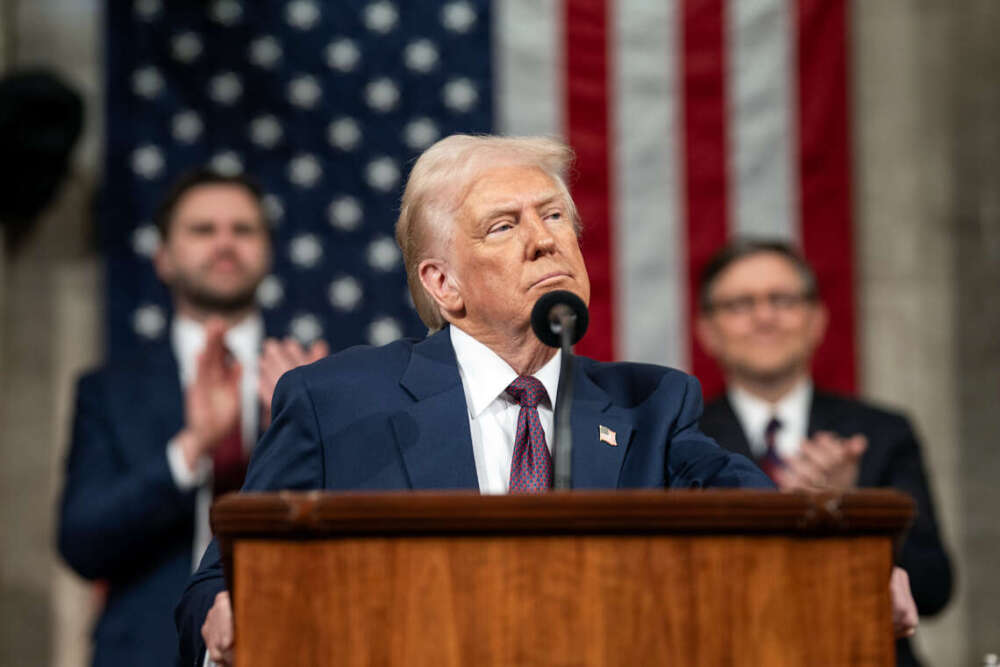The urban unemployment rate in September was 4.9 per cent. However, that for those aged 16 to 24 remained far higher, at 14.6 per cent….reports Asian Lite News
China’s third-quarter gross domestic product (GDP) expanded at a dismal 4.9 per cent amid slow industrial activity in the month of September.
The Chinese National Bureau of Statistics (NBS) said on Monday that GDP grew 4.9 per cent in the quarter than a year ago, Xinhua reported.
This was below what analysts have predicted. In the median survey, the Bloomberg analysts had predicted 5 per cent growth between the month of July and September.
The urban unemployment rate in September was 4.9 per cent. However, that for those aged 16 to 24 remained far higher, at 14.6 per cent.
Meanwhile, for the first three-quarters of 2021, the GDP of the country grew 9.8 per cent.
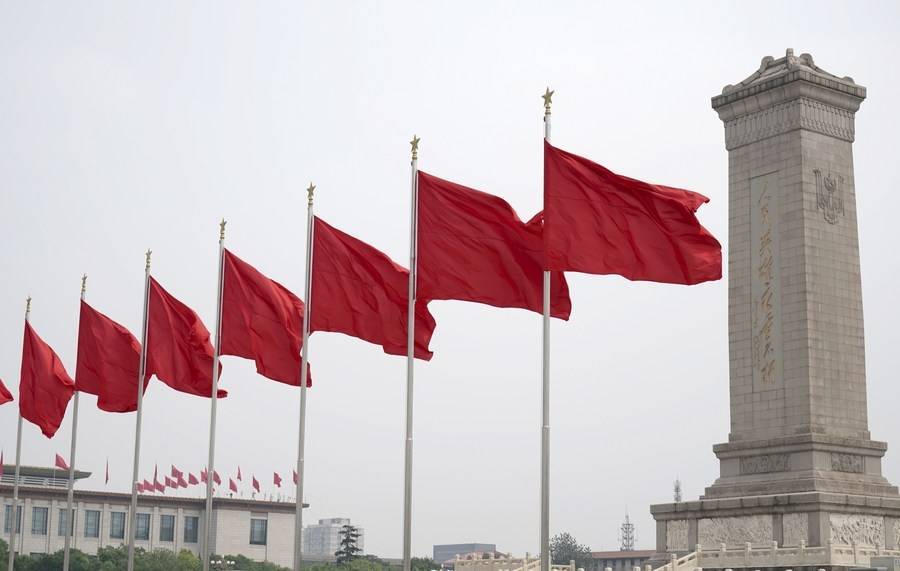
“According to preliminary estimates, China’s GDP for the first three quarters of 2021 amounted to 82.313 trillion yuan ($12.8 trillion), an increase of 9.8 per cent in annual terms,” the NBS said.
The Chinese government expects overall GDP growth of over 6 per cent in 2021. In the first half of this year, the GDP increased by 12.7 per cent (growing 18.3 per cent year-on-year in the first quarter and 7.9 per cent in the second quarter).
In 2019, the Chinese economy grew 6 per cent. Last year, the growth slowed down to 2.3 per cent amid the coronavirus pandemic, which was the worst performance in 40 years.
As Chinas economic growth shows signs of slowdown amid Beijings crackdown on its private sector and its President Xi Jinping calling for Common Prosperity, citizens are tightening their purse strings.
China’s just-ended “golden week” coinciding with the National Day that began on October 1 and ended on October 7 was a muted one.
According to Bangkok Post, travel and holiday spending during China’s just-ended “golden week” national holiday fell against prior years, not just due to travel restrictions triggered by recent coronavirus outbreaks, but because of what industry insiders say is a dwindling desire among consumers to open their wallets amid falling incomes and depreciating property values.
While BloombergQuint in a report said that despite China’s economic slowdown, Beijing isn’t opening the spending taps just yet, reflecting its overall aim in “pursuing high-quality development rather than adopting a deluge of strong stimulus.”
However, economists have questioned the timing.
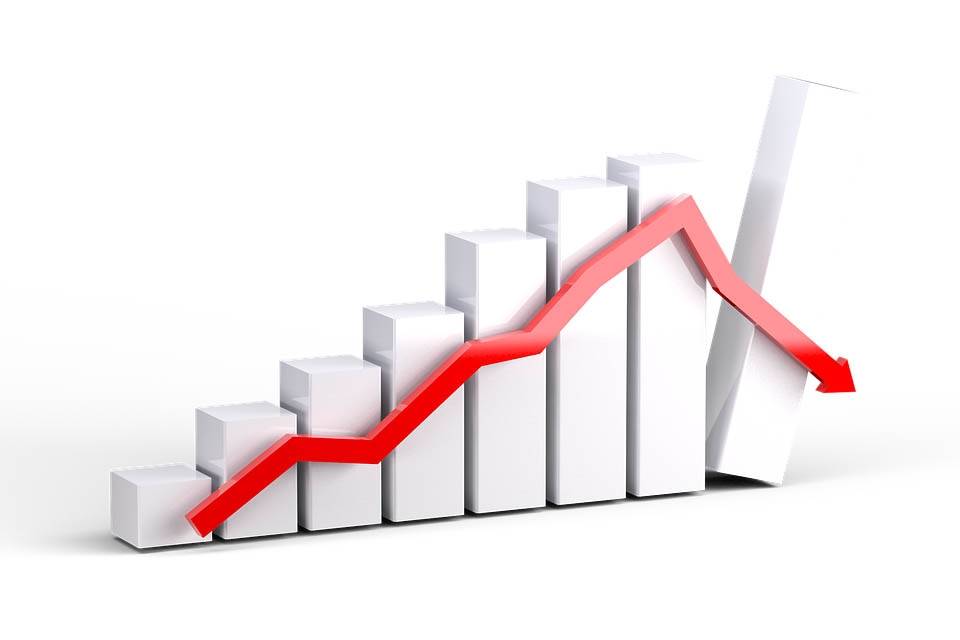
“It is non negotiable to have ‘good’ growth but at the same time governments must realise that 2020 was a year which was nowhere near being normal. The world across, governments have come up with fiscal measures. Economic recovery is still patchy and this is definitely not the time to clamp down,” another economist said.
Deutsche Welle (DW) said that the extent of the clampdown has raised questions about the best time to carry out such sweeping reforms – after all the Chinese economy is just recovering from the coronavirus pandemic. “With the country’s property boom – a major driver of economic growth – now under threat, some economists are asking how much financial pain Beijing is prepared to tolerate,” it said.
“Anxiety levels are rising in China with this clampdown and what is surprising is the timing of such actions. These actions are being taken at a time when the global economy is going through a shaky phase and these measures could have an adverse impact on its economy,” DK Srivastava, chief policy adviser, EY India told India Narrative.


